
Testosterone Base Suspension
June 29, 2024
Testosterone Enanthate
June 29, 2024Testosterone Cypionate
Introduction to Testosterone Cypionate
Testosterone Cypionate is a synthetic version of the naturally occurring testosterone hormone, primarily used in hormone replacement therapy (HRT) and bodybuilding. Chemically, it is an ester of testosterone, where the testosterone molecule is bonded to a cyclopentylpropionate ester. This esterification prolongs its release into the bloodstream, making it a long-acting form of testosterone.
In its core structure, testosterone cypionate mirrors the natural testosterone produced by the human body, contributing to its effectiveness in addressing testosterone deficiencies. It is typically administered via intramuscular injection, allowing for a controlled and sustained release, which is essential for maintaining stable testosterone levels over time.
One of the primary applications of testosterone cypionate is in hormone replacement therapy. It is prescribed to men who have hypogonadism, a condition characterized by low testosterone levels. By supplementing the body’s testosterone, it helps alleviate symptoms such as fatigue, depression, decreased libido, and loss of muscle mass. These therapeutic benefits underscore its importance in improving the quality of life for individuals with testosterone deficiencies.
Beyond medical uses, testosterone cypionate is also popular in the bodybuilding community. Athletes and bodybuilders use it to enhance muscle growth, boost strength, and improve overall physical performance. It promotes nitrogen retention and protein synthesis, essential processes for muscle development and recovery. However, it is important to note that the use of testosterone cypionate in sports is often governed by strict regulations due to its potent effects.
Understanding the role and benefits of testosterone cypionate is crucial for those considering its use. Whether for medical or athletic purposes, it is imperative to approach its usage with a comprehensive understanding and under professional guidance to ensure safety and efficacy.
Mechanism of Action
Testosterone cypionate, a synthetic form of the naturally occurring testosterone hormone, functions by mimicking the actions of endogenous testosterone. When administered, it is absorbed into the bloodstream where it binds to androgen receptors in various tissues throughout the body. These androgen receptors are pivotal in mediating the hormone’s effects, primarily by modulating gene expression and protein synthesis.
Once testosterone cypionate is injected, it is gradually released into the bloodstream due to its esterification, which prolongs its half-life. The liver metabolizes it into active metabolites, which then exert their effects on target tissues. This extended release allows for steady levels of testosterone over time, reducing the need for frequent dosing.
The interaction of testosterone cypionate with androgen receptors triggers a cascade of biological processes. One of the most significant effects is the increase in muscle mass. Testosterone promotes the synthesis of new muscle proteins and inhibits protein breakdown, leading to hypertrophy and enhanced muscle strength. This anabolic effect is highly sought after in both clinical and athletic settings.
Moreover, testosterone cypionate plays a crucial role in bone health. By stimulating bone formation and reducing bone resorption, it helps increase bone density, thereby reducing the risk of fractures and osteoporosis. This is particularly beneficial for individuals with low testosterone levels who are prone to bone density loss.
Another critical function of testosterone cypionate is its impact on erythropoiesis—the production of red blood cells. Testosterone stimulates the production of erythropoietin, a hormone that promotes red blood cell synthesis in the bone marrow. This leads to an increase in red blood cell count, enhancing the oxygen-carrying capacity of the blood and improving overall endurance and physical performance.
Through its multifaceted mechanism of action, testosterone cypionate not only aids in muscle growth and bone density maintenance but also ensures optimal red blood cell production, making it a valuable therapy for individuals with testosterone deficiencies or those seeking performance enhancement.
Medical Uses and Indications
Testosterone cypionate, a synthetic form of the naturally occurring male hormone testosterone, is commonly prescribed for a range of medical conditions. One of its primary uses is in the treatment of hypogonadism in males. Hypogonadism is a condition characterized by low levels of testosterone due to inadequate function of the testes. This condition can be either primary, where the problem lies in the testes themselves, or secondary, where the issue originates in the hypothalamus or pituitary gland. Diagnostic criteria for hypogonadism typically include clinical symptoms such as decreased libido, fatigue, and muscle weakness, alongside laboratory tests showing low serum testosterone levels.
Another significant medical indication for testosterone cypionate is the treatment of delayed puberty in males. Delayed puberty is diagnosed when a boy shows no signs of pubertal development by the age of 14. This delay can result from various factors, including genetic conditions, chronic illnesses, or hormonal imbalances. Testosterone cypionate helps in initiating and progressing the development of secondary sexual characteristics such as increased muscle mass, deepening of the voice, and growth of facial and body hair. The administration of testosterone cypionate in these cases is carefully monitored to ensure appropriate dosing and response.
Additionally, testosterone cypionate is sometimes utilized in the treatment of certain types of breast cancer in women. Particularly, it is used in postmenopausal women with hormone receptor-positive breast cancer that isn’t responsive to other treatments. The hormone therapy aims to counteract the effects of estrogen, which can promote the growth of cancer cells. The decision to use testosterone cypionate in these cases is based on a thorough evaluation of the patient’s medical history, cancer stage, and hormone receptor status.
In all these conditions, the use of testosterone cypionate is guided by specific diagnostic criteria and tailored to the individual needs of the patient. Regular monitoring and follow-up are essential to ensure the efficacy and safety of the treatment, making it a critical component of managing these health issues effectively.
Dosage and Administration
Testosterone cypionate is commonly prescribed for various conditions, each necessitating specific dosages. The recommended dosage often depends on factors such as age, sex, and the underlying condition being treated. For hypogonadism in males, the typical dosage ranges from 50 to 400 mg administered every two to four weeks. When treating delayed puberty in males, the dosage generally falls between 50 to 200 mg every two to four weeks for a limited duration.
The most common form of testosterone cypionate is injectable. These injections are usually administered intramuscularly, typically into the gluteal muscle. Due to the oil-based nature of the solution, it is crucial to use a proper injection technique to minimize discomfort and ensure the medication is effectively absorbed. The frequency of administration varies; some patients may require weekly injections, while others may need them bi-weekly or even monthly, depending on their specific medical needs and response to treatment.
Administering testosterone cypionate involves a careful approach to maintain consistent hormone levels. It is vital to follow the prescribed dosage and schedule strictly. Deviating from the recommended regimen can result in suboptimal treatment outcomes or heightened risk of adverse effects. Patients should receive guidance from their healthcare provider on the correct injection technique and site rotation to prevent complications such as local inflammation or infection.
Moreover, adhering to a healthcare provider’s prescription is paramount. Self-adjusting the dosage or frequency without professional consultation can pose significant health risks, including hormonal imbalances and cardiovascular issues. Regular follow-up appointments are essential to monitor the patient’s response to therapy and make any necessary adjustments.
In summary, testosterone cypionate administration requires careful adherence to prescribed dosages and schedules. Proper injection techniques and ongoing medical supervision are crucial to ensure effective and safe treatment outcomes.
Benefits and Effects
Testosterone Cypionate, a synthetic version of the naturally occurring testosterone hormone, offers a multitude of benefits for individuals seeking to enhance their physical and mental well-being. One of the primary advantages is its ability to significantly improve physical performance. Users often experience increased muscle mass and strength, which is particularly beneficial for athletes and bodybuilders. This anabolic steroid promotes protein synthesis, leading to more efficient muscle growth and recovery.
In addition to physical enhancements, Testosterone Cypionate is known for its positive impact on libido and sexual function. Many users report a marked improvement in their sex drive and overall sexual satisfaction. This can be especially beneficial for individuals suffering from low testosterone levels, which can negatively affect their sexual health.
Another noteworthy benefit is the hormone’s effect on mood and cognitive function. Testosterone Cypionate has been linked to better mood stability, reduced feelings of depression, and enhanced mental clarity. These psychological benefits can contribute to an improved quality of life, making it easier for individuals to manage daily stresses and challenges.
Short-term effects of Testosterone Cypionate include increased energy levels and a more pronounced sense of well-being. Users may notice these changes within a few weeks of beginning their regimen. Long-term effects, on the other hand, encompass sustained muscle growth, better bone density, and a consistently higher libido.
It is important to note that while Testosterone Cypionate offers numerous benefits, it should be used responsibly and under medical supervision. Overuse or misuse can lead to adverse effects, and individual responses can vary. Therefore, it is crucial to consider both the positive outcomes and potential risks associated with this hormone therapy.
Potential Side Effects and Risks
Testosterone Cypionate, while beneficial for many, can present a range of side effects that vary from mild to severe. Understanding these potential side effects is crucial for anyone considering or currently undergoing testosterone replacement therapy.
Common mild side effects include acne, hair loss, and mood swings. Acne may occur due to the increased oil production in the skin, often seen with elevated testosterone levels. Hair loss, particularly in those predisposed to male pattern baldness, can also be exacerbated. Mood swings are another frequent issue, as hormonal fluctuations can impact emotional stability.
More severe risks include cardiovascular issues, such as heart disease and stroke. Elevated testosterone levels can lead to an increase in red blood cell count, which thickens the blood and heightens the risk of clot formation. This, in turn, can result in serious cardiovascular events. Other severe side effects include liver toxicity, sleep apnea, and potential negative impacts on cholesterol levels, leading to an increased risk of atherosclerosis.
Monitoring for side effects is essential when using Testosterone Cypionate. Regular blood tests can help track hormone levels and other critical parameters such as red blood cell count and liver function. It’s important to report any unusual symptoms to a healthcare provider immediately. Recognizing early signs of severe side effects can prevent more serious health issues from developing.
In conclusion, while Testosterone Cypionate offers significant benefits for those needing hormone replacement therapy, it is not without risks. Being well-informed about both the mild and severe potential side effects and consistently monitoring health parameters can help mitigate these risks, ensuring a safer and more effective treatment experience.
Interactions and Contraindications
When considering the use of testosterone cypionate, it is imperative to be aware of potential interactions with other drugs and substances. Certain medications and conditions can exacerbate side effects or reduce the efficacy of testosterone cypionate, making it crucial for individuals to consult their healthcare provider before beginning treatment.
One significant category of drugs that can interact with testosterone cypionate includes anticoagulants, or blood thinners, such as warfarin. The concurrent use of these medications can increase the risk of bleeding, necessitating close monitoring of blood clotting parameters. Additionally, insulin and oral diabetes medications may also interact with testosterone cypionate. Testosterone can affect blood sugar levels, potentially requiring adjustments in diabetes management plans.
Other medications to be cautious of include corticosteroids and adrenocorticotropic hormone (ACTH). These drugs can lead to fluid retention, and when combined with testosterone cypionate, the risk of edema may be heightened. Similarly, the use of testosterone cypionate in conjunction with certain heart medications, such as beta-blockers and calcium channel blockers, should be carefully monitored due to potential cardiovascular effects.
In terms of contraindications, testosterone cypionate is not recommended for individuals with certain preexisting medical conditions. Men with breast cancer or prostate cancer should avoid testosterone therapy, as it can stimulate tumor growth. Additionally, individuals with severe heart, liver, or kidney disease may experience exacerbated symptoms or adverse effects when using testosterone cypionate.
Patients with a history of deep vein thrombosis (DVT) or pulmonary embolism should also exercise caution, as testosterone therapy can increase the risk of blood clots. It is equally important to avoid alcohol consumption and the use of illicit drugs during testosterone cypionate treatment, as these substances can negatively impact liver function and overall health.
Ultimately, understanding the interactions and contraindications associated with testosterone cypionate is essential for safe and effective treatment. By working closely with healthcare providers and adhering to medical guidance, individuals can mitigate risks and optimize the benefits of testosterone therapy.
Conclusion and Key Takeaways
Testosterone Cypionate offers a range of benefits, from improving muscle mass and strength to enhancing mood and energy levels. However, its use must be carefully monitored and administered under the guidance of healthcare professionals. The potential advantages of Testosterone Cypionate make it a popular choice for those experiencing low testosterone levels, but it is crucial to weigh these benefits against the possible risks and side effects.
It is imperative for individuals considering Testosterone Cypionate to consult with their healthcare provider to determine if it is the right option for them. Healthcare professionals can provide vital insights and personalized advice, ensuring that the use of this hormone therapy is both safe and effective. They can also monitor the patient’s response to treatment and adjust dosages as necessary, thereby minimizing the risk of adverse effects.
Furthermore, adhering to medical advice and prescribed dosages is essential to maximize the therapeutic benefits while mitigating potential health risks. Self-medicating or deviating from the recommended treatment plan can lead to serious health complications. Therefore, a well-informed and cautious approach, guided by professional medical advice, is key to the successful use of Testosterone Cypionate.
In conclusion, Testosterone Cypionate can significantly improve the quality of life for individuals with low testosterone levels. Nonetheless, careful consideration and professional guidance are crucial to harness its benefits effectively and safely. Those interested in this treatment should engage in thorough discussions with their healthcare providers to make well-informed decisions that best suit their health needs and lifestyle.

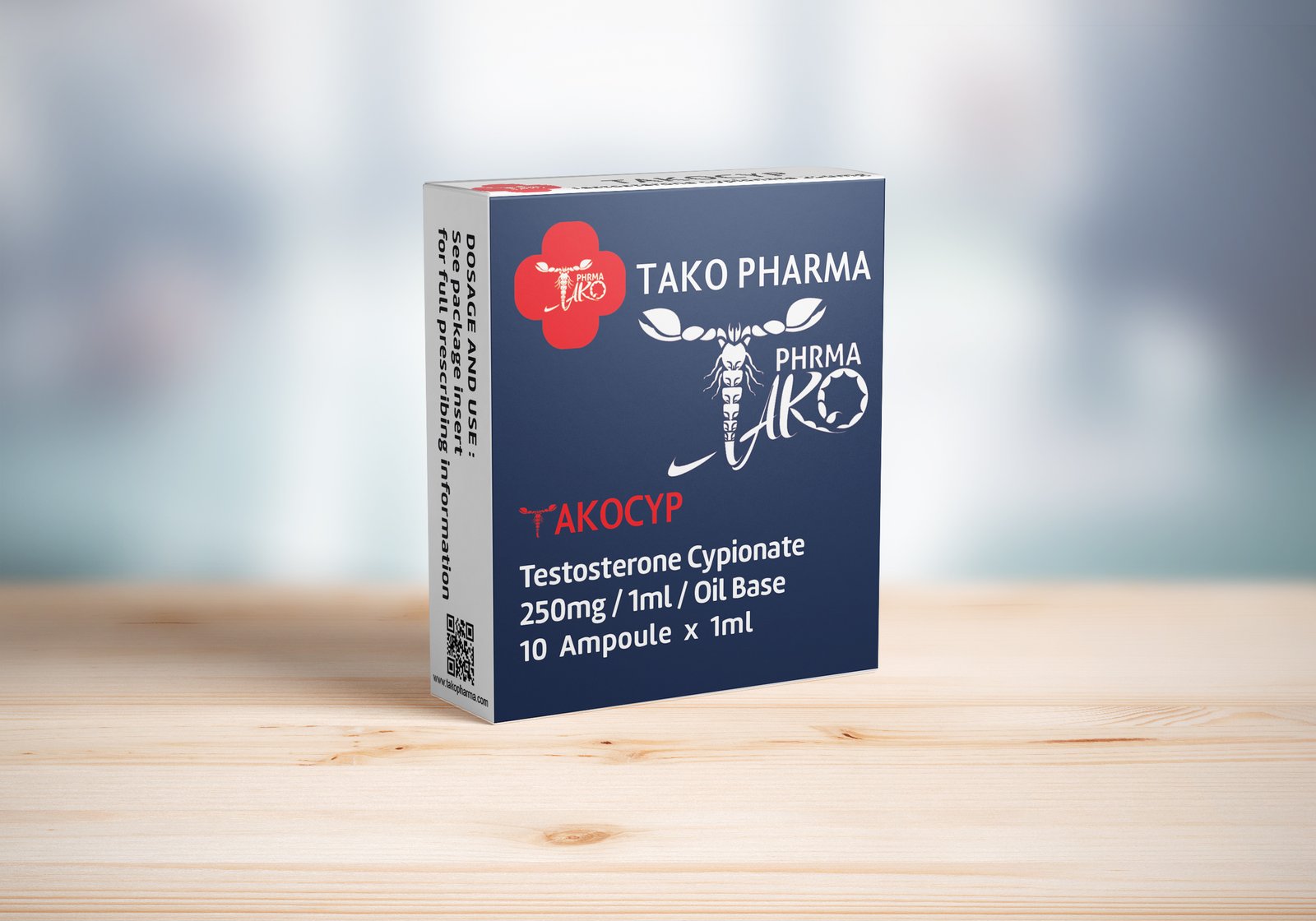
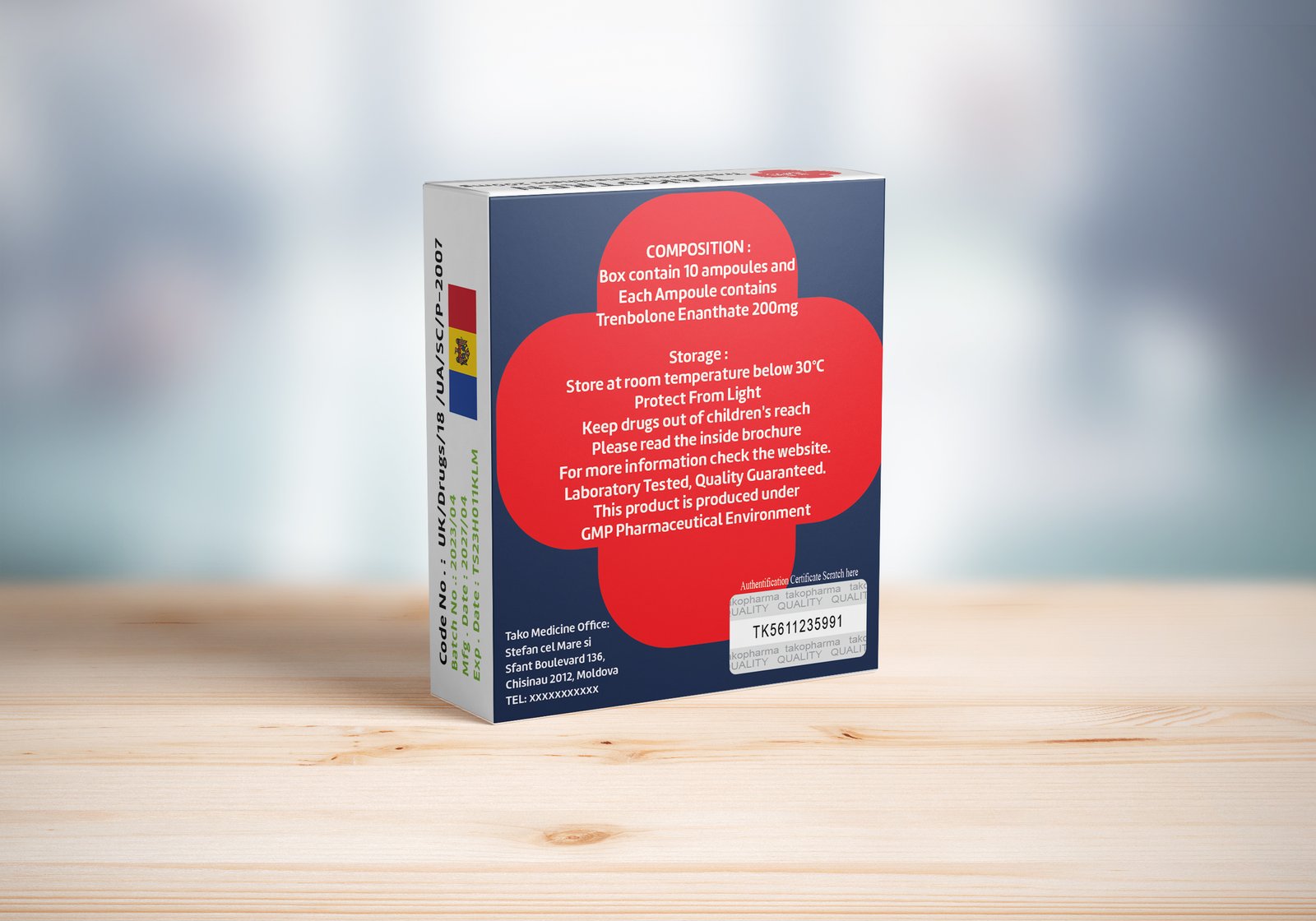

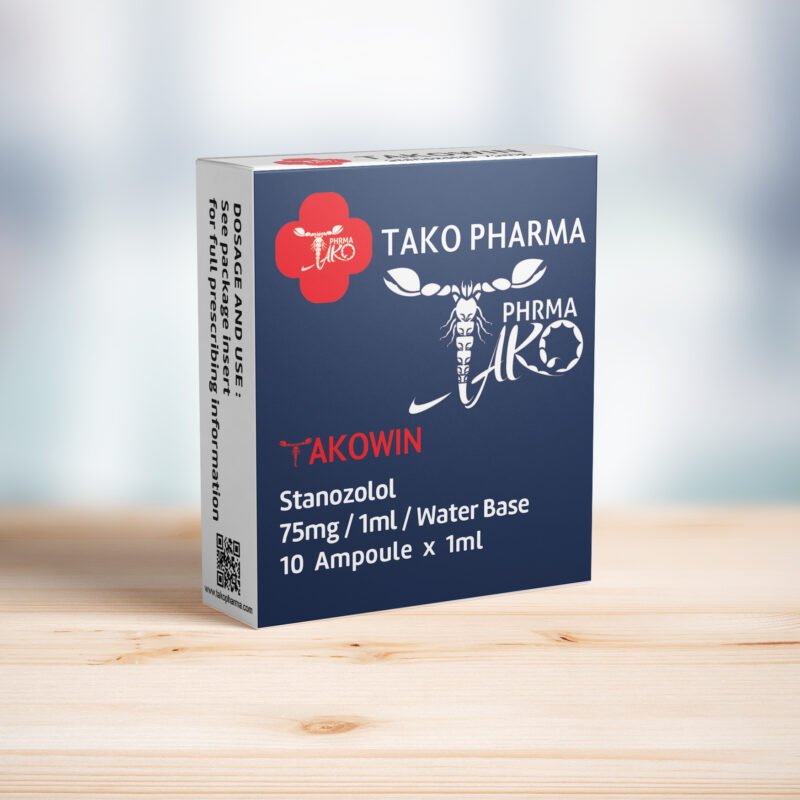
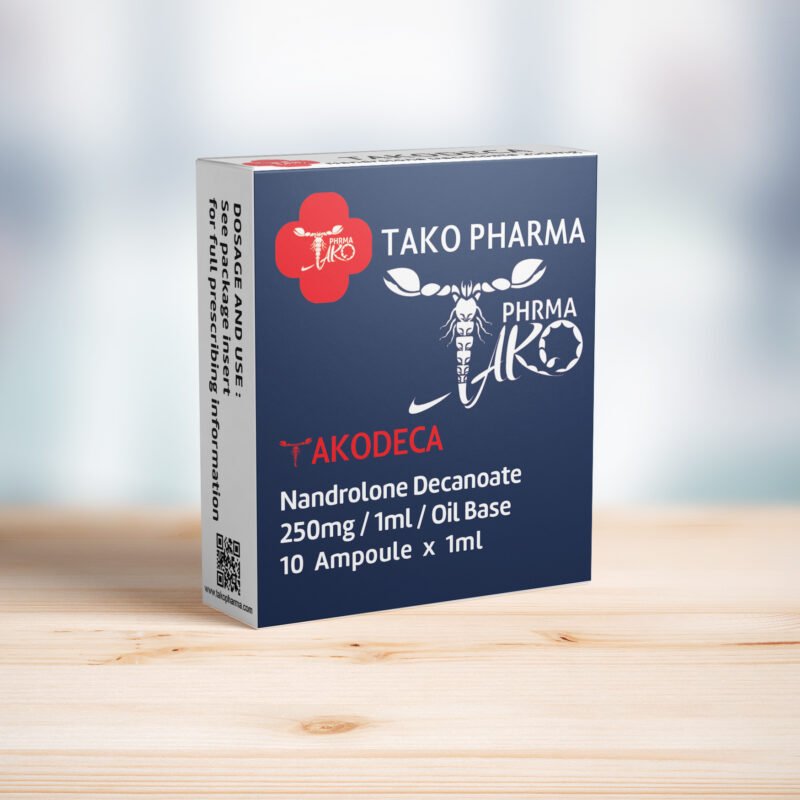
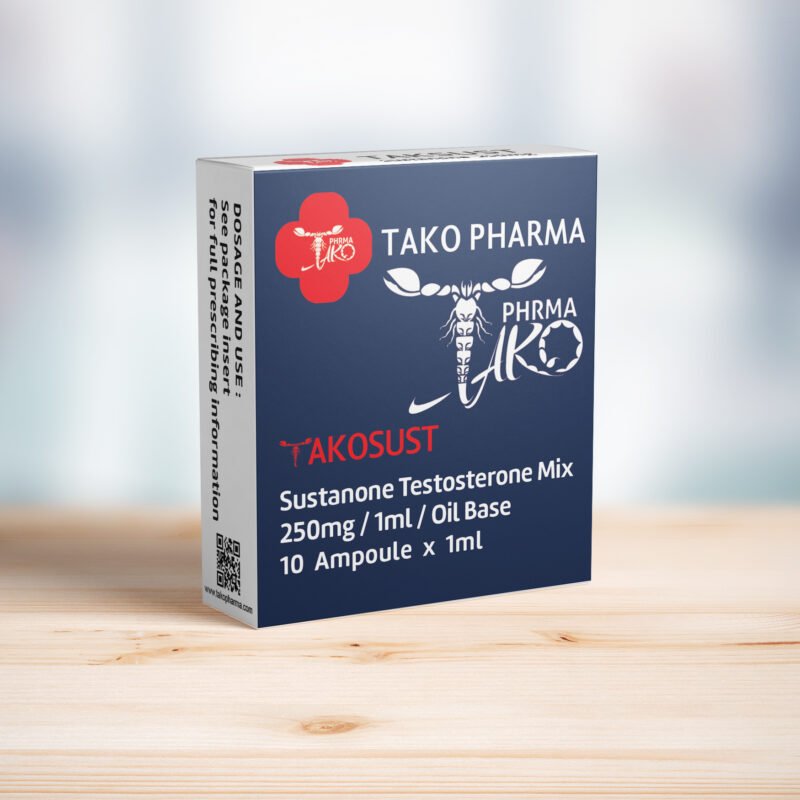
Reviews
There are no reviews yet.